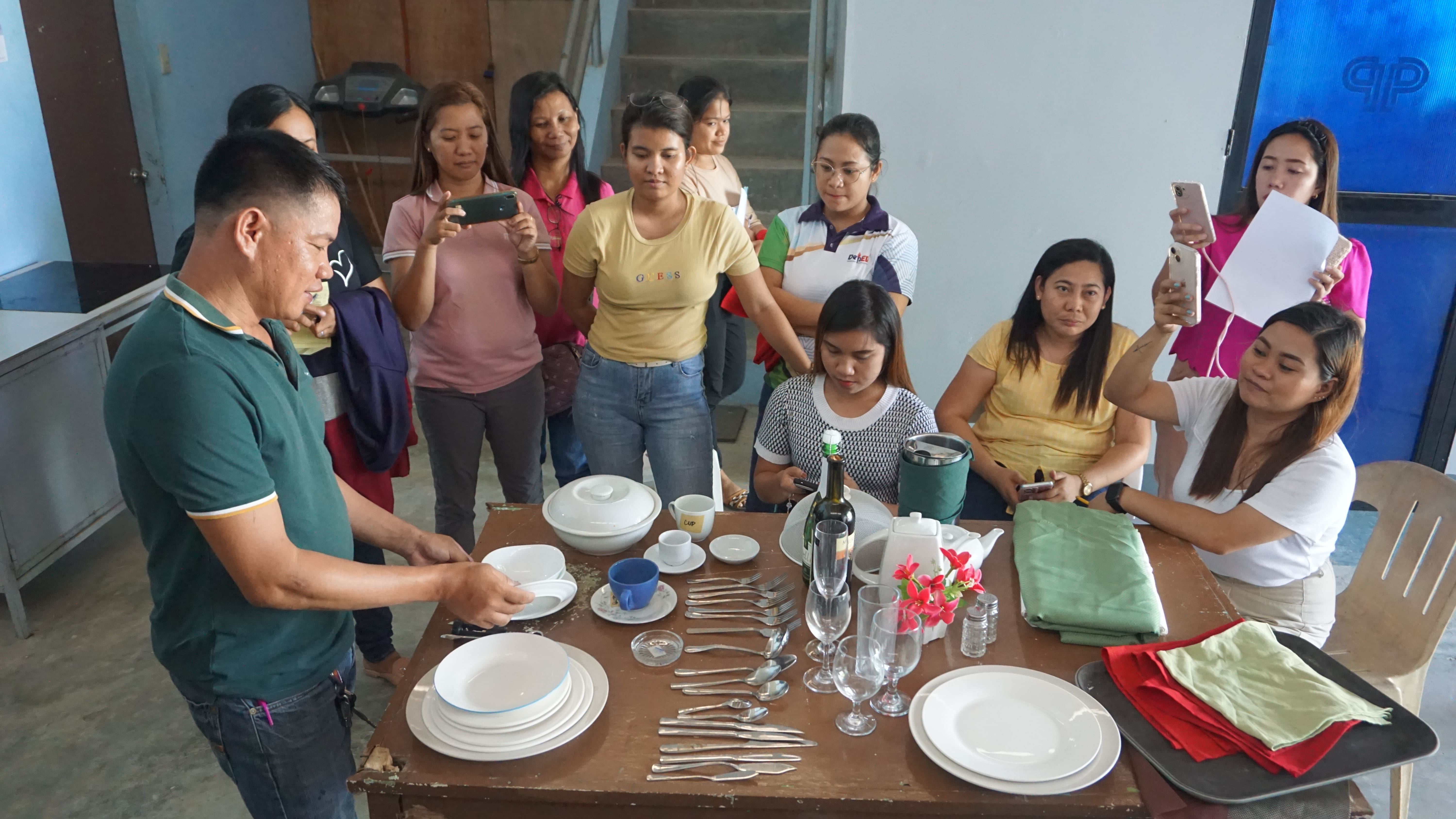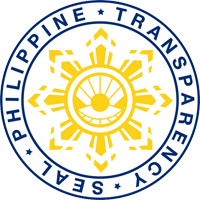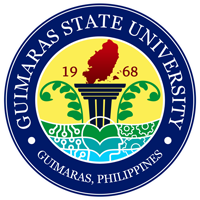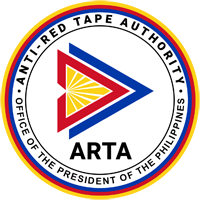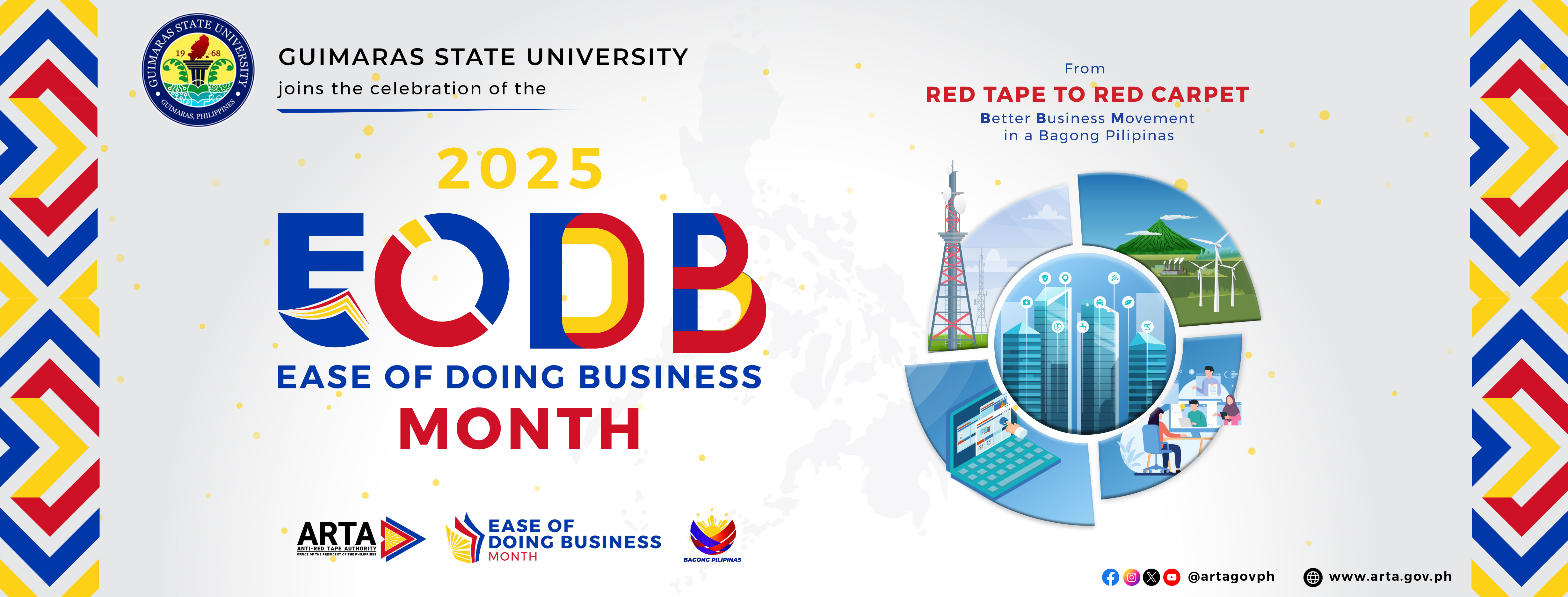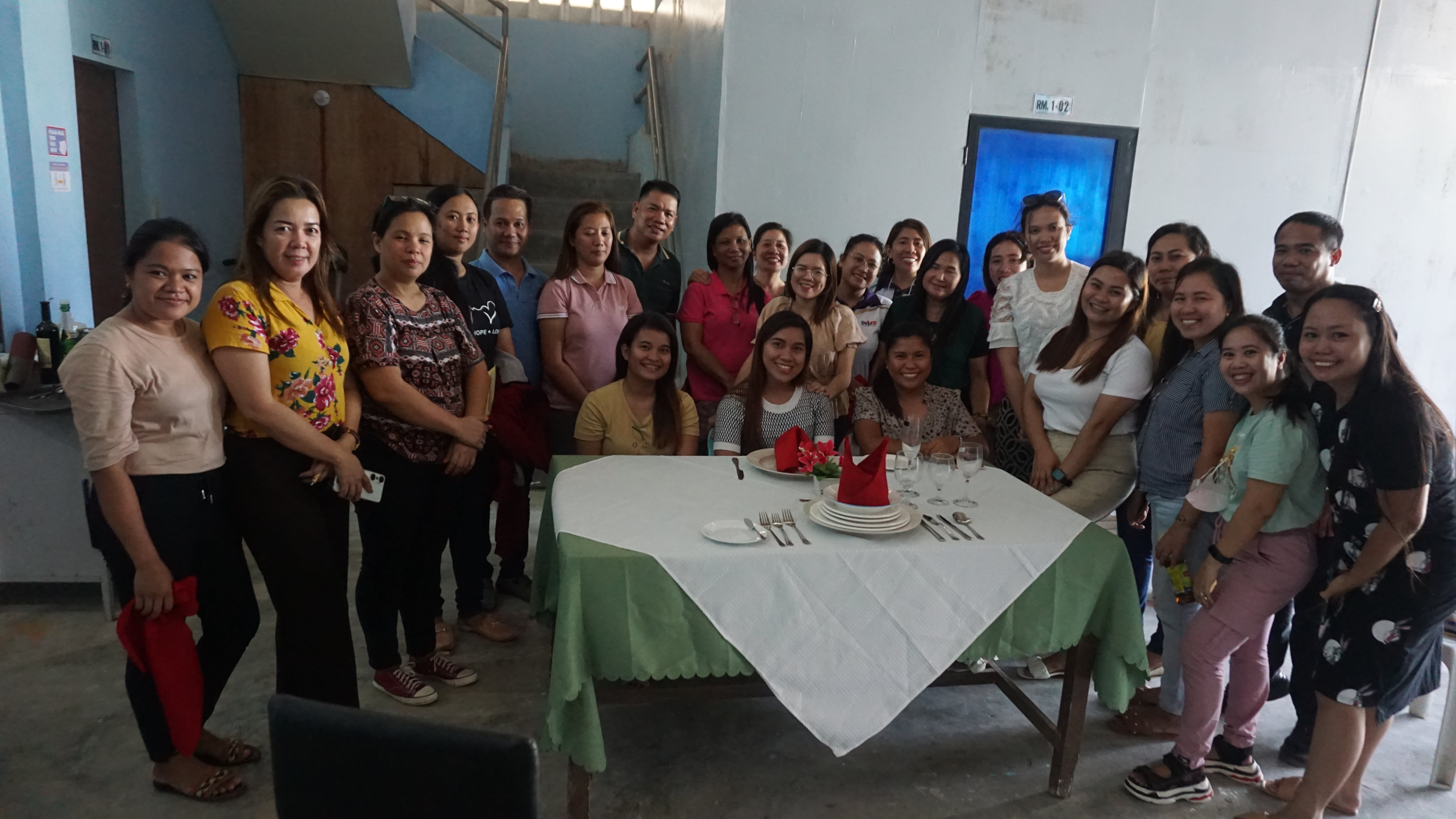
Guimaras, Philippines — September 1, 2023 — A significant training workshop aimed at enhancing enumerators’ research skills for the “Rapid Appraisal for the Establishment of Province-led Agriculture and Fisheries Extension System (PAFES)” was successfully held in Guimaras Island. The workshop, organized in collaboration with the Department of Agriculture (DA) – Region VI, Agricultural Training Institute (ATI), the Provincial Government of Guimaras, and Guimaras State University (GSU), focused on equipping participants with the necessary skills to effectively assess the readiness of local government units (LGUs) for the implementation of the Mandanas-Garcia petition.
This initiative aligns with Sustainable Development Goal (SDG) 4, which emphasizes quality education and the importance of empowering individuals with knowledge and skills to meet the demands of sustainable development. By enhancing enumerators’ research capabilities, the project ensures that the data collected for the PAFES program is both accurate and comprehensive, providing a solid foundation for decision-making and policy development.
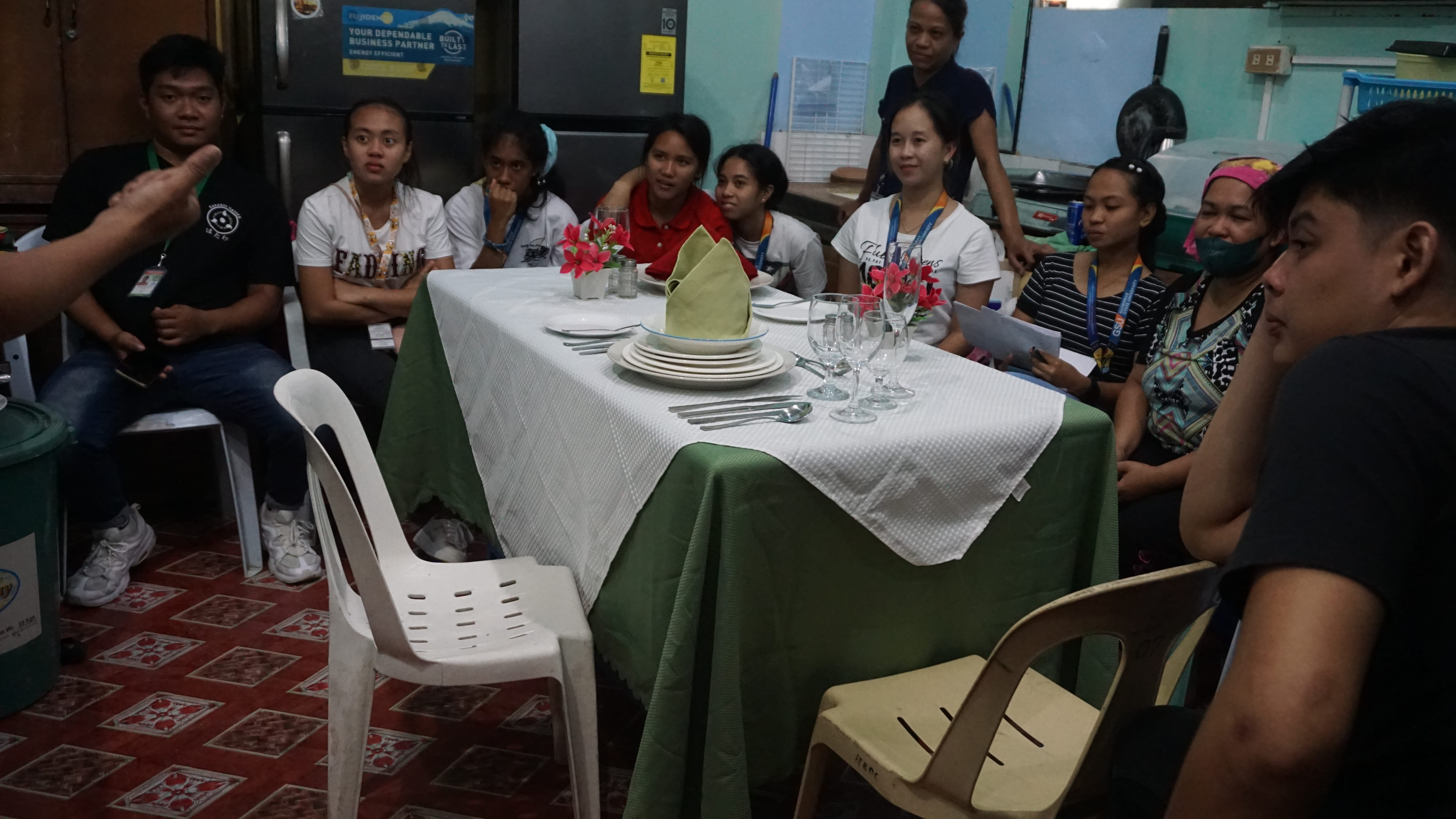
The PAFES project is designed to improve agriculture and fisheries extension services in the province, promoting sustainable development in the sector. It plays a critical role in strengthening the local agricultural framework, which directly contributes to the achievement of SDG 2 on zero hunger and SDG 8 on decent work and economic growth.
Dr. Efren S. Tellermo, President of Guimaras State University, emphasized the importance of the workshop in fostering a collaborative approach to research and development. “Through this initiative, we not only enhance the technical capacity of enumerators but also contribute to the realization of a more sustainable and resilient agriculture sector in Guimaras,” said Dr. Tellermo.
The training covered various aspects of research methodologies, data collection techniques, and the utilization of modern tools for rapid appraisals, ensuring that enumerators are equipped to provide accurate and reliable information to support the development of the Province-led Agriculture and Fisheries Extension System. The workshop also highlighted the crucial role of partnerships between government agencies, academic institutions, and local authorities in achieving sustainable agricultural growth.
With this training, the province of Guimaras takes a significant step forward in strengthening its agricultural and fisheries systems, ultimately enhancing the livelihoods of its residents and contributing to the broader goals of sustainable development.
The GSU Grad School Community Extension Services recently hosted a 10-day Food and Beverage Services training for 19 selected youth from the community of Guimaras. The program was designed to help participants acquire their National Certificate II (NCII) certification, equipping them with essential skills for the food and beverage industry.
The training began on May 10, 2023, with Mr. Joenarex N. Bautista, an expert trainer in the field, who led a session on workplace communication and the importance of working effectively in a team environment. These foundational skills are essential for success in the food service industry, where collaboration and clear communication are key to delivering excellent customer service.
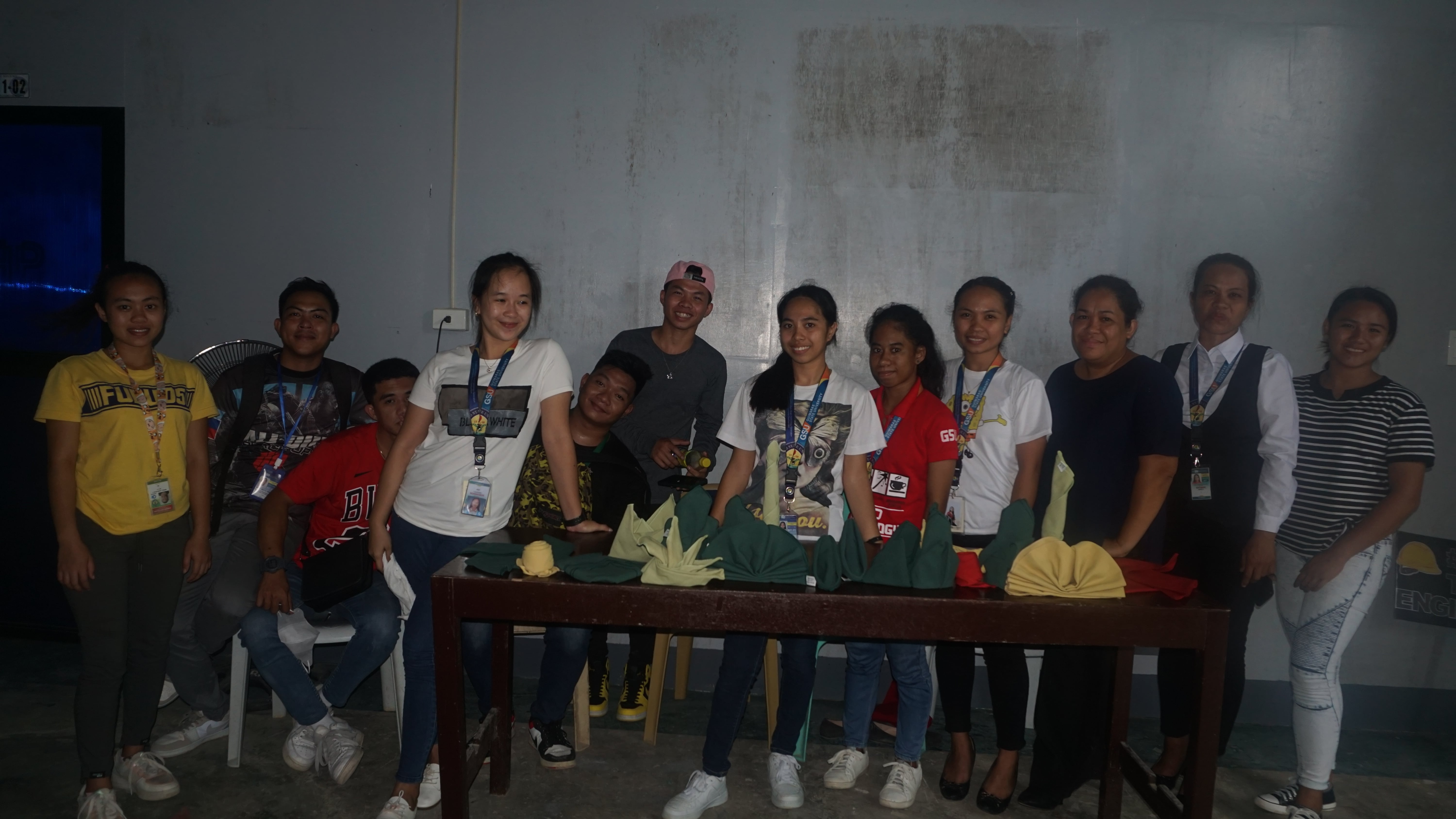
Throughout the following days, Mr. Bautista covered a wide range of topics, including career professionalism and occupational health and safety procedures, which are vital for maintaining a safe and professional work environment. He also focused on developing and updating industry knowledge, ensuring that the participants are well-informed about current trends and best practices. The youth were introduced to essential workplace hygiene procedures, which are crucial in maintaining high standards of cleanliness and food safety in the industry.
This comprehensive training not only provided the youth with valuable industry-specific skills but also prepared them for the professional demands of the food and beverage sector. By acquiring NCII certification, the participants are now equipped to pursue careers in hospitality, furthering their prospects for stable and well-paying employment in the industry which responds to the SDG 8 – Decent Work and Economic Growth.
